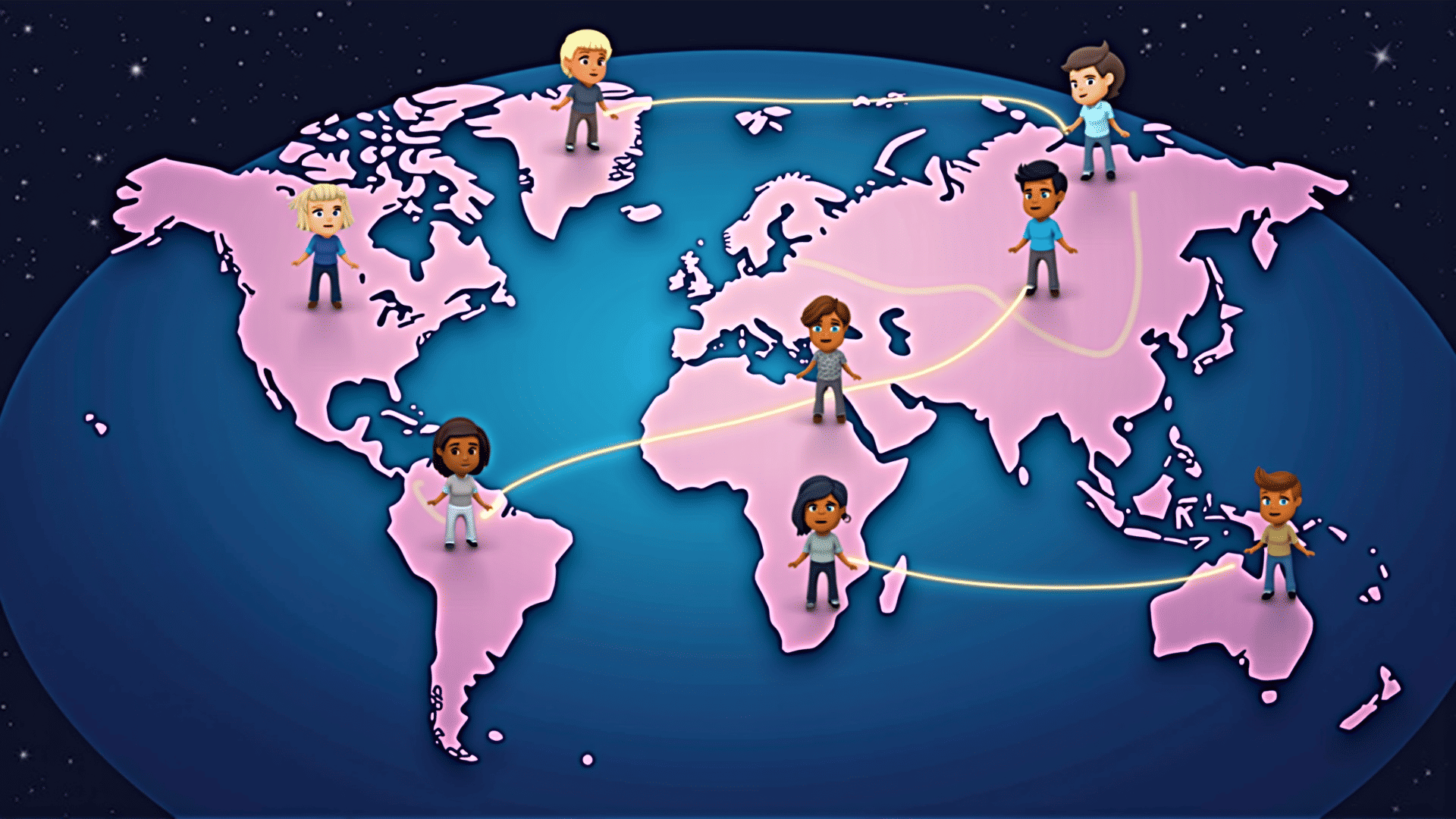In an era where digital connectivity breaches geographic borders, the rise of expansive multiplayer universes ushers in a new era of global gaming. These environments serve not just as platforms for virtual entertainment, but as vibrant, living communities where millions of players across the globe unite, compete, and collaborate in increasingly complex and imaginative worlds.
A multiplayer universe offers a landscape where creativity knows no bounds. Players are not merely participants but contributors to the ever-evolving narrative of these digital realms. Each world possesses its own set of rules, objectives, and dynamics, drawing players into experiences that range from sprawling fantasy worlds and futuristic sci-fi landscapes to intricate simulations of real-world activities.
In the heart of these universes lies a sense of community that transcends the screen. Whether you're forming alliances in a space conquest game or collaborating to build expansive cities, the bonds formed in these digital spaces mimic—and often enhance—human social interactions. Communication tools within these platforms are sophisticated, often providing players with options ranging from voice and text chats to elaborate gesture systems, ensuring that language barriers are minimized, and interactions are seamless.
Competitiveness often drives the engagement in multiplayer universes. Leaderboards, tournaments, and real-time challenges create an atmosphere of friendly rivalry that motivates skill improvement and strategic thinking. Yet, it's not just about the competition. The cooperative features of these games are equally compelling, encouraging players to pool resources, share strategies, and achieve shared objectives that would be impossible alone.
Technology also plays a crucial role in these universes, with state-of-the-art graphics, seamless connectivity, and advanced AI driving a robust experience that is virtually immersive. The integration of VR and AR technologies is a boon, further blurring the line between the virtual and the real, providing an experience that is almost tangible. These technological advancements make the universe more accessible and personalized, with AI-driven characters and tasks that adapt to players’ behaviors and preferences, creating unique experiences for every player.
In terms of social impact, these multiplayer universes offer unparalleled opportunities for cross-cultural exchange. With players from different backgrounds mingling on an equal playing field, there emerges a mutual appreciation and understanding of diverse cultures and traditions. Events and festivals from around the world are often celebrated within these universes, providing insiders' views into global cultures.
Economic aspects are also noteworthy, as these universes often feature virtual economies governed by intricate market dynamics. Players engage in trade, crafts, or virtual property management, balancing economic strategies akin to real-world economies. Such experiences can be both educational and entertaining, equipping players with skills applicable beyond gaming.
In conclusion, the allure of a global multiplayer universe lies in its ability to blend play with purpose, creating a dynamic ecosystem that evolves with its community. Whether you're a dedicated gamer seeking competition, a casual player craving connection, or a curious explorer eager to learn and understand, these universes offer something for everyone. As technology and creativity continue to expand the boundaries of what's possible, the potential for these universes is limitless, offering an exciting glimpse into the future of digital interaction.
